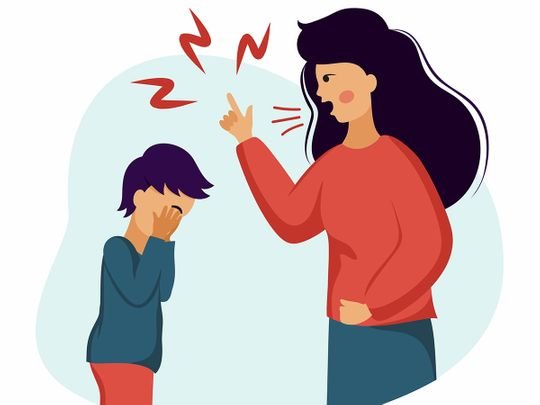the importance of Self-regulation as parents
I slammed the car door shut after I had walked her into the rehearsal studio. I was irate. How DARE she speak to me that way or treat me that way? After all I do every single day, but especially one that day, to support her and love her and help her to follow her dreams. How DARE she then turn it on me and treat me in that way? I thought I had raised a respectful daughter! Who is this monster?
Can you possibly relate to my inner rant? Have you ever had a similar wave of thought after a harrowing experience with your child?
This inner tantrum on my part was after a conflict with my teenage daughter who has ADHD when she was emotional dysregulated, exhausted, and hungry. On my side, I also was brimming with moods and sensitivities. I was exhausted. Defeated. Flowing with reactive thoughts and feelings. But even in my moment of distress I was altogether aware that my response didn’t exactly match what I had just witnessed and experienced with my daughter. She responded poorly and was ungrateful and reactive. LUCKILY, I held my tongue, and although my inner dialogue was intense, outwardly I was quiet, curt, and to the point. I exited the situation and only later did I revisit and process through what I was feeling. This was an absolute miracle on my part because I myself have ADHD and am only now way into adulthood embracing it and learning how to manage it better. Over time I have learned to control my emotions in a rough moment and model for my daughter the power of control.
As parents of kids with special needs, we often speak on therapies, interventions, and strategies to help our children with their emotional regulation. What happens when we as parents are the ones who ALSO need to learn to regulate?
Emotional dysregulation refers to an emotional response that is not controlled and falls outside the range of what is typically considered a normal emotional reaction
Quite simply, it just means a moment where the emotions get the best of you.
Scientifically, it’s a lack of self-control that results in you acting with your limbic system rather than with your prefrontal cortex. We all have moments of anger, emotion, or outburst, but these moments come quicker and often without filter for kids and adults with ADHD.
What I have realized as an adult with ADHD trying to parent a child with ADHD, is that I have to learn and FIGHT to regulate my emotions if I stand any chance to teach my child how to regulate hers. It’s like when you are in an airplane, and in the safety video the flight host tells you to put on your own oxygen mask before attaching it to those who are dependent on you. I have to learn to regulate myself before I am able to teach it to others.
Luckily I have been able to see and name this weakness in myself, and then I can begin to show my daughter what it looks like to live regulated.
Here are some steps in working on your own emotional regulation.
1. Self – awareness. The first step is to take a deep breath and take stock of what is happening in your body, mind, and heart. What are your physical symptoms? How do these emotions make you feel in your body. What hurts. Take a note and remind yourself it will pass. What is happening in your mind. Take stock of the thoughts – what is logical and what is outsized? How do you feel? What is happening in your heart? Be kind to yourself and give yourself grace for whatever you are feeling and thinking.
2. Mindful awareness. Now take time to really push towards what is really happening in this situation. What is really happening in your teen? What is really happening in you? What is true and what is not true? What are your choices in response to this situation. What will you choose and when will you choose it. What is true about yourself even though you don’t feel it?
3. Healthy Expression. Find a way to express it in healthy ways. What can you do to get the feelings out of your body? Walk? Bath? What helps to soothe you? What choices do you now want to make? Who do you need to speak with? Would journaling help to get the feelings out of your body?
The key thing to embrace, if you are a deeply feeling or neurodivergent parent (which I am very much BOTH), is that you have to embrace and accept your feelings and potential dysregulation, but also learn to bring it in control in the moments when you need to parent your dysregulated child. It’s about accepting yourself while teaching your child to accept themselves and grow in their regulation. You can only help your child if you are regulated yourself.
We can do this parents! Our kids are going to have hard moments and big feels. AND we will also have hard moments and big feelings. Embrace yours, grow in your own regulation, and then lead the way for your kids.

